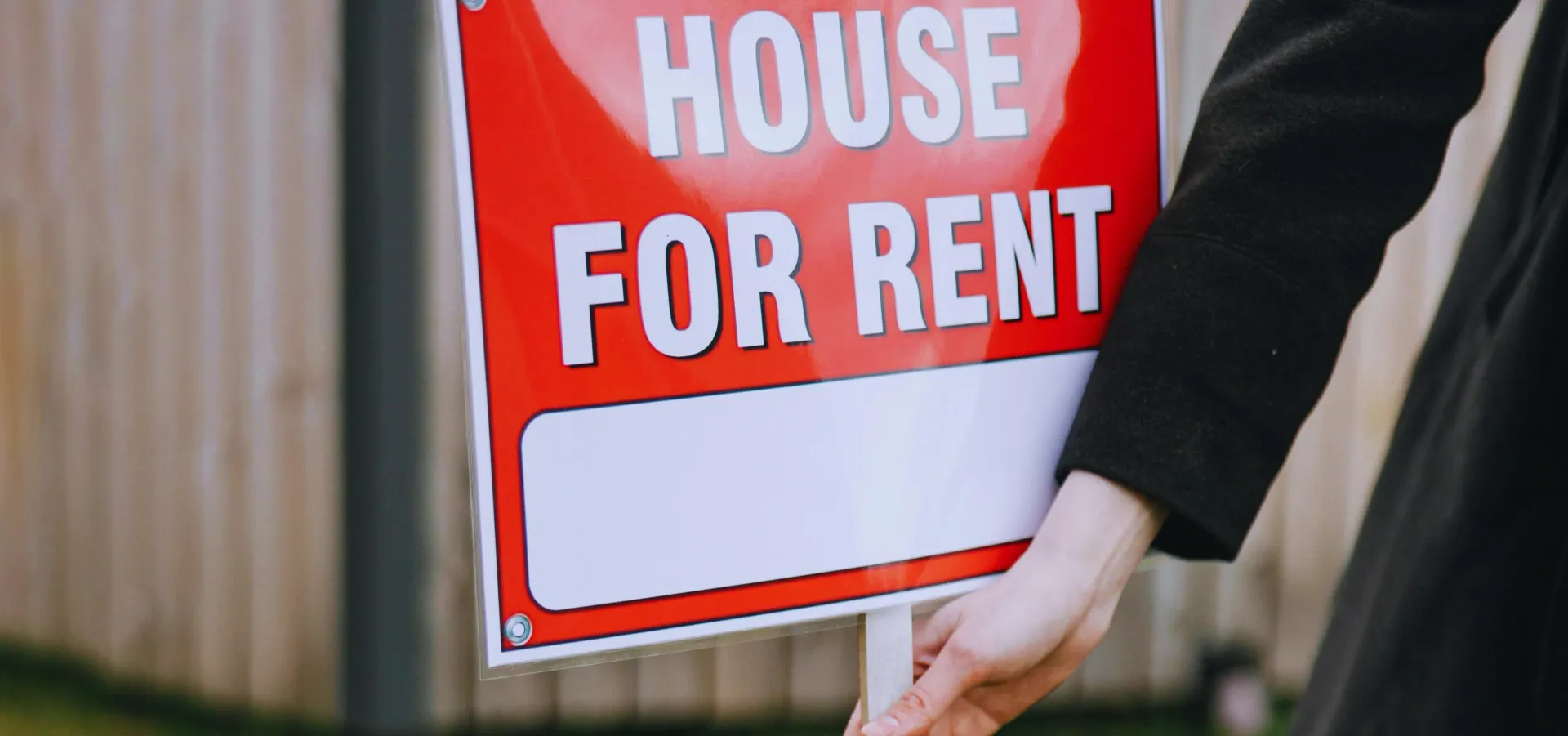Smart Strategies to Minimize Commercial Real Estate Risk
In the complex world of commercial real estate (CRE), risk is inevitable. Whether you're a seasoned investor or a first-time buyer, understanding how to minimize commercial real estate risk is critical for long-term success. Even the most lucrative deal can turn sour without a strategic approach to risk management. Fortunately, adopting smart strategies can significantly mitigate these risks, safeguard your capital, and position your portfolio for sustainable growth.

Understanding Commercial Real Estate Risk
Commercial real estate risk encompasses the various factors that could negatively affect the profitability and stability of an investment property. These include market fluctuations, tenant vacancies, regulatory changes, natural disasters, financing issues, and even economic downturns. Unlike residential real estate, commercial properties often involve higher stakes due to larger capital commitments, longer lease terms, and more complex financing structures.
By thoroughly understanding these risks, investors can implement proactive measures that serve as protective shields, enabling better decision-making and stronger financial outcomes.
The Role of Due Diligence in Risk Reduction
Due diligence serves as the foundation of any risk management strategy. It involves exhaustive research and investigation before closing a deal. Skipping this vital step can expose investors to hidden liabilities such as environmental hazards, structural deficiencies, or undisclosed legal disputes.
Key elements of thorough due diligence include:
- Reviewing property titles and legal encumbrances
- Conducting environmental assessments
- Verifying zoning compliance
- Examining past financial statements
- Inspecting building systems and structures
Engaging experienced professionals, such as a qualified Realtor, ensures that potential red flags are identified and addressed before they can evolve into costly problems.
Market Research: The Investor’s Safety Net
Market research allows investors to make data-driven decisions. Understanding local demographics, employment trends, economic forecasts, and supply-demand dynamics offers insight into a property's long-term viability.
Some critical market indicators to analyze include:
- Job growth rates
- Population trends
- Commercial vacancy rates
- Local economic diversification
- Infrastructure development plans
Investors who stay ahead of these trends can position themselves to capitalize on emerging opportunities while avoiding areas with declining prospects.
Financial Analysis: Numbers Never Lie
Sound financial analysis is non-negotiable in commercial real estate. Metrics such as Net Operating Income (NOI), Capitalization Rate (Cap Rate), Debt Service Coverage Ratio (DSCR), and Loan-to-Value (LTV) ratio provide a snapshot of a property's performance and risk profile.
- NOI: Revenue minus operating expenses
- Cap Rate: NOI divided by property price
- DSCR: NOI divided by debt service
- LTV: Loan amount divided by property value
Analyzing these metrics allows investors to identify overleveraged properties, unsustainable debt structures, or insufficient cash flow—significant risk factors that can lead to financial instability.
Location Analysis: The Golden Rule
Location remains the cornerstone of real estate success. A prime location ensures steady tenant demand, premium rental rates, and strong resale value. Consider proximity to:
- Major transportation hubs
- Business districts
- Growing residential communities
- Educational institutions
- Healthcare facilities
Selecting the right location minimizes vacancy risks and enhances long-term asset appreciation.
Diversification: Spreading Out Exposure
One of the most effective ways to minimize commercial real estate risk is diversification. Spreading investments across multiple property types (office, retail, industrial, multifamily) and geographic regions reduces reliance on any single market segment.
For example, if an economic downturn affects office spaces, a diversified portfolio with industrial or healthcare properties may remain stable, balancing out potential losses.
Tenant Screening: Avoiding the Wrong Occupant
Your tenants are your income source; therefore, tenant stability is paramount. Proper screening involves:
- Verifying financial strength
- Reviewing business history
- Checking creditworthiness
- Assessing business viability in the location
A reliable tenant reduces the likelihood of defaults, vacancies, and legal disputes.
Lease Structure: The Power of Contracts
A well-structured lease is one of the most powerful tools for minimizing commercial real estate risk. Investors should consider:
- Triple Net Lease (NNN): Tenant pays taxes, insurance, and maintenance.
- Gross Lease: Landlord covers all operating expenses.
- Modified Gross Lease: Shared expense responsibilities.
NNN leases are often favored for minimizing landlord obligations and providing stable, predictable cash flow.
Insurance Strategies for Real Estate Protection
Insurance acts as a financial buffer against unpredictable events such as natural disasters, liability claims, and property damage. Essential coverages include:
- Property insurance
- General liability insurance
- Business interruption insurance
- Environmental liability insurance
Customizing insurance policies to specific property risks offers peace of mind and financial security.
Asset Management: The Post-Purchase Phase
Risk management doesn’t end after acquisition. Proactive asset management ensures continued property performance through:
- Regular maintenance
- Capital improvements
- Tenant relationship management
- Expense control
Effective management extends the property's lifespan and enhances its long-term profitability.
Regulatory Compliance: Staying Legal
Failure to comply with local, state, or federal regulations can lead to hefty fines and operational shutdowns. Investors must:
- Verify zoning regulations
- Obtain necessary permits
- Comply with safety codes
- Adhere to environmental standards
Legal counsel plays a critical role in ensuring ongoing compliance and reducing exposure to regulatory risk.
Exit Strategy Planning: Always Have an Out
Planning an exit strategy before acquisition helps investors remain flexible in changing markets. Exit options may include:
- Selling at market peak
- Refinancing to pull equity
- 1031 exchanges for tax deferral
- Converting property use
A well-defined exit strategy enables swift, decisive action when circumstances shift unexpectedly.
Technology: Leveraging Proptech for Risk Mitigation
The rise of property technology (Proptech) provides advanced tools for managing commercial real estate risk, such as:
- Predictive analytics for market trends
- Internet of Things (IoT) for monitoring building systems
- AI-powered lease management platforms
- Digital tenant screening tools
Harnessing technology enhances decision-making and optimizes operational efficiency.
Building a Reliable Team: Strength in Numbers
Commercial real estate is a team sport. Surrounding yourself with qualified experts fortifies your risk management strategy. Key team members include:
- Realtors and brokers
- Attorneys
- Accountants
- Property managers
- Contractors
- Lenders
Collaborating with professionals ensures informed decisions across every stage of the investment lifecycle.
Economic Cycle Awareness: Timing the Market
Real estate markets move in cycles. Savvy investors monitor:
- Expansion phases (rising rents, low vacancies)
- Hyper supply phases (excess inventory)
- Recession phases (declining demand)
- Recovery phases (stabilization)
Understanding these phases allows investors to buy low, sell high, and avoid overpaying in overheated markets.
Stress Testing Your Portfolio
Stress testing involves modeling worst-case scenarios such as:
- Tenant default
- Economic recession
- Interest rate hikes
- Natural disasters
This proactive approach helps investors evaluate portfolio resilience and prepare contingency plans to weather unforeseen challenges.
Conclusion
Commercial real estate offers tremendous opportunities but carries inherent risks. Implementing smart strategies such as due diligence, market research, diversification, and proactive asset management significantly reduces potential pitfalls. Supported by a trusted Realtor and advisory team, investors can navigate market uncertainties and secure long-term financial success.
For personalized consultation and expert guidance, don’t hesitate to contact us today!
FAQs
What is the biggest risk in commercial real estate?
The biggest risk is tenant vacancy and default, as rental income is the primary revenue source. Without stable tenants, cash flow suffers.
How can I evaluate a property's risk profile?
Conduct thorough financial analysis, market research, tenant screening, legal review, and physical inspections to gauge risk accurately.
Why is diversification important in commercial real estate?
Diversification reduces reliance on a single property type or market, balancing performance across economic cycles.
How does location affect real estate risk?
Prime locations with strong demand, infrastructure, and economic growth experience lower vacancy rates and higher property values.
What role does insurance play in risk management?
Insurance provides financial protection against physical damage, liability claims, and business interruptions that could devastate property value.
When should I develop an exit strategy?
An exit strategy should be planned before purchase to prepare for future market shifts, personal goals, or unexpected events.
Links:











